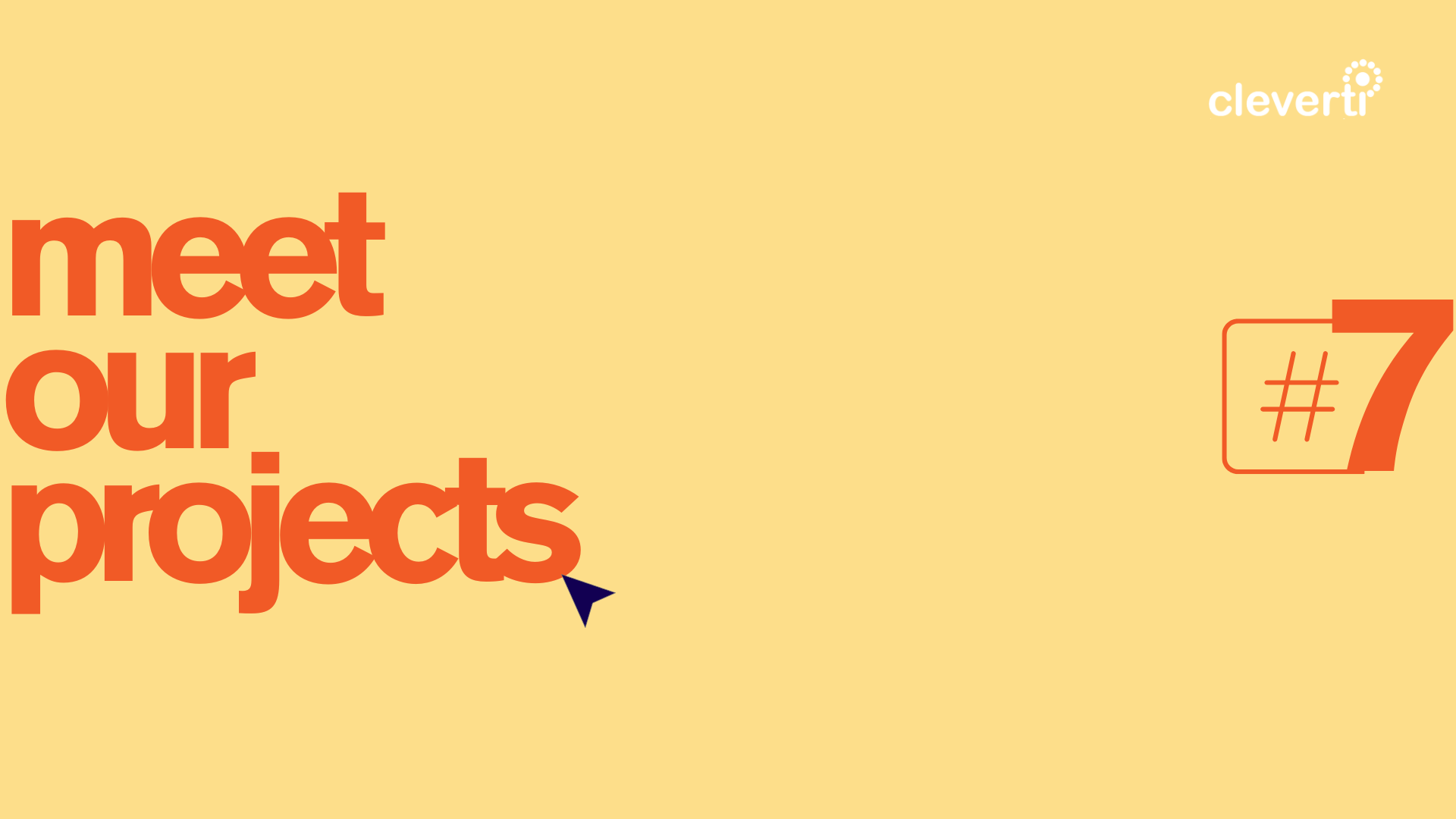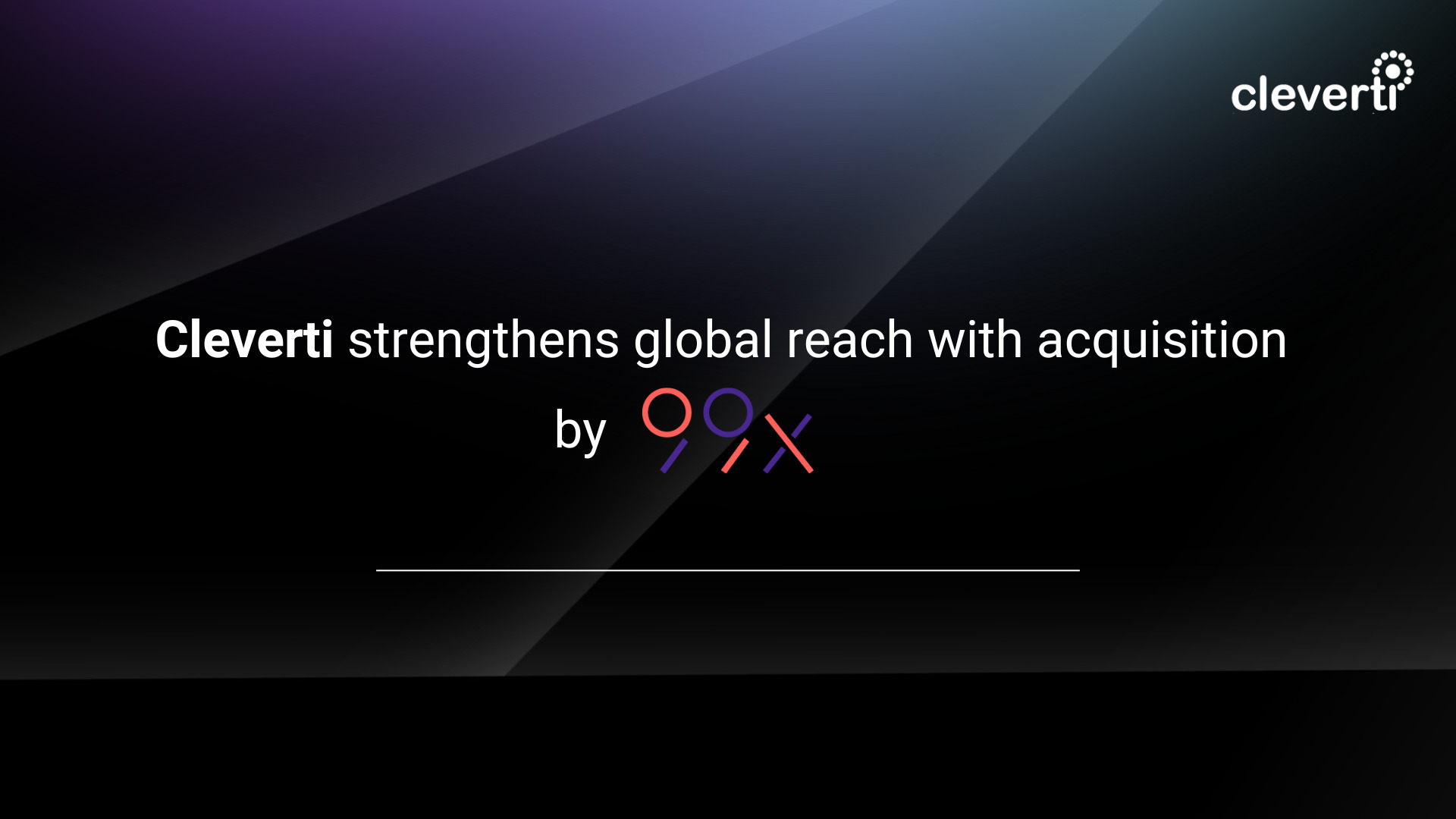Modern microservices rely heavily on databases, and there are numerous types available. It is critical to select databases accordingly to ensure the longevity of web and app projects, as different databases have distinct strengths and weaknesses. And this will make them more suitable for certain types of applications and use cases.
Choosing the appropriate database for your application is a critical decision, and Cleverti’s top talent teams always have the best insights for every project at hands.
Databases come in a variety of forms, including relational, key-value, graph and document databases. And choosing correctly depends on the specific requirements of the application.

Understanding the advantages and disadvantages of various types of databases can help making an informed decision and ensuring efficient data storage and management.
There are a lot of different databases available, which will impact data storage, retrieval and management. Let us name their details and uses:
- Relational SQL Database, suitable for structured data where records with similar structures can appear as rows in tables with fixed columns.
These are ideal for applications that require complex data relationships and transactions – accounting, CRM, and entity management tools are good projects to use SQL databases.
- NoSQL Database, for handling large volumes of unstructured or semi-structured data such as documents and files.
Content management, social media, text-based and real-time apps are a few applicable examples, because require high scalability and a fast query response.
- Graph Database are particularly useful for fraud detection, recommendation engines, and social networks.
Their development involve complex relationships between different entities and have the purpose to manage and analyse them efficiently.
- Time-Series Database, which optimize a fast insertion and retrieval of data by timestamp.
They excel at handling large volumes of data in real-time, therefore making them particularly well-suited for applications that generate high-frequency data, including IoT, sensor systems and financial systems.
- Object Database are commonly used in scientific and engineering applications, since their content is highly structured and often interdependent.
Additionally, these types of databases handle complex object-oriented data structures and are specifically designed to store and manage data in a manner that represents a natural mapping of the domain.
Having the appropriate database is crucial for the longevity of a project. Different databases have varying strengths and weaknesses that make them more or less suitable for specific applications and use cases.
If you can’t choose the right database, this can result in performance issues, data integrity problems and scalability challenges. All of which can negatively affect the functionality and usability of your application.
Having the appropriate database service, on the other hand, ensures efficient data storage, management, and analysis for your applications. It is crucial to carefully evaluate the available options to make an informed decision that will support the needs of your project.
Although this is a very particular task which can lead to the success or failure of the project, having the right outsourcing or nearshore partner by your side is crucial.





